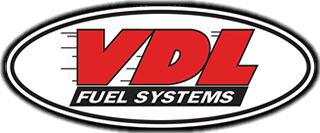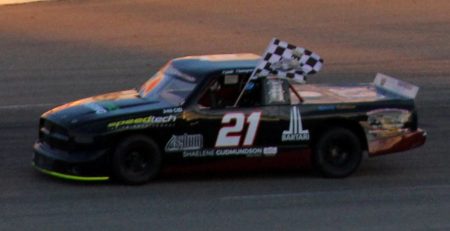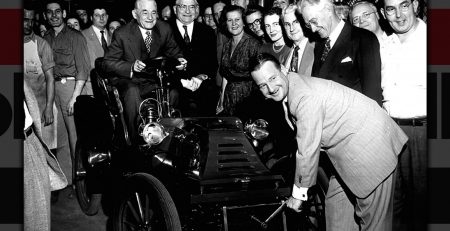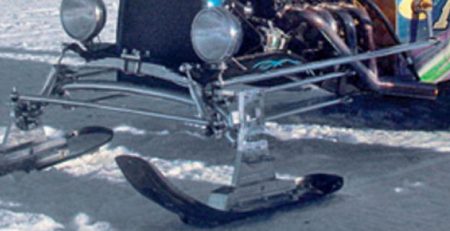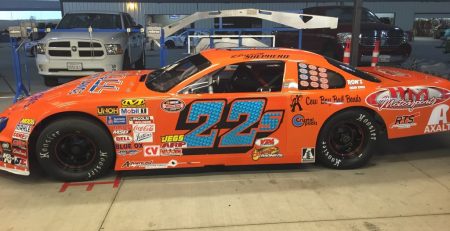July 2011 Newsletter – the HOT DAYS of SUMMER
We are into the hot summer days, and the heat will affect both the racecar and the crew. I have received a few calls lately in which I suspect fuel pressure to be the issue. First of all, trust your equipment. It always makes me chuckle when fuel pressure, or even oil pressure, shows a deviation and the first response of the racer is to think that the gauge has gone bad. I always like to think of an airplane pilot, gazing at an altimeter while he is spiraling downward, turning to his copilot saying, “I think the gauge is just bad!” If the needle is not lying in the bottom of the gauge, the gauge is probably ok. These are pressure gauges and are very simple in function. A simple test would be to gently blow a little air into the line and see if the gauge moves. But, you should instead start looking for the problem in the fuel system. Again, I can not emphasize enough how important fuel gauges are. TUNING A RACE ENGINE WITHOUT A FUEL PRESSURE GAUGE IS LIKE TUNING THE CHASSIS WITHOUT AN AIR PRESSURE GAUGE. In these hot days, we also see more vapor lock issues, so pay close attention to where your fuel lines run in proximity to heat sources. Insulating lines with fire sleeves is always a good idea.
With the advent of the crate engine and with the state of the economy, we have seen promoters writing rules dictating a track fuel. In my opinion, this is never a good rule and, with the liability involved, I still find it hard to believe that it has not come back to bite the promoter. The bigger issue, however, is the offered “choice” of low octane fuel (98-99 octanes) for crate motor applications. Crate engines are built with compression ratios between 9:1 and 10:1, therefore requiring a MINIMUM fuel octane rating of 110. The other issue with some of these track fuels is that they are unleaded and contain oxygenates. Oxygenated fuel requires larger jetting but only after accurately assessing the amount of oxygen in the fuel. These track fuel rules are probably brought on by the promoter trying to find another profit source, but their ignorance and arrogance has led to damaged engines and definitely poor performance. I’m just old school enough to tell the promoter these facts and, at least, insist on a proper fuel choice. If that is not an option for you, then reduced ignition timing and increased carburetor jetting can mask the problem, but you will lose power.
Though the nation’s economy remains in a bit of a struggle, grass roots racing seems to be maintaining its strength. Our approach in our own racing is focused on maintaining or increasing the number of races we attend while decreasing the expenses that are not directly related to laps on the track. This can mean less travel expenses by racing closer to home and a more conservative approach to the accruement of equipment not directly related to the race car – “our little 30’ tag trailer works just fine.” Good weekly maintenance of all your equipment, and a little racing luck, will keep the fun in these hot summer days.
Education is always the key to success, so learning every thing you can about what goes in and on your engine will only help your program. Get informed about fuels, lubricants, and cooling systems; and your equipment will last longer and perform better. Best of luck, stay cool, see you at the races.
